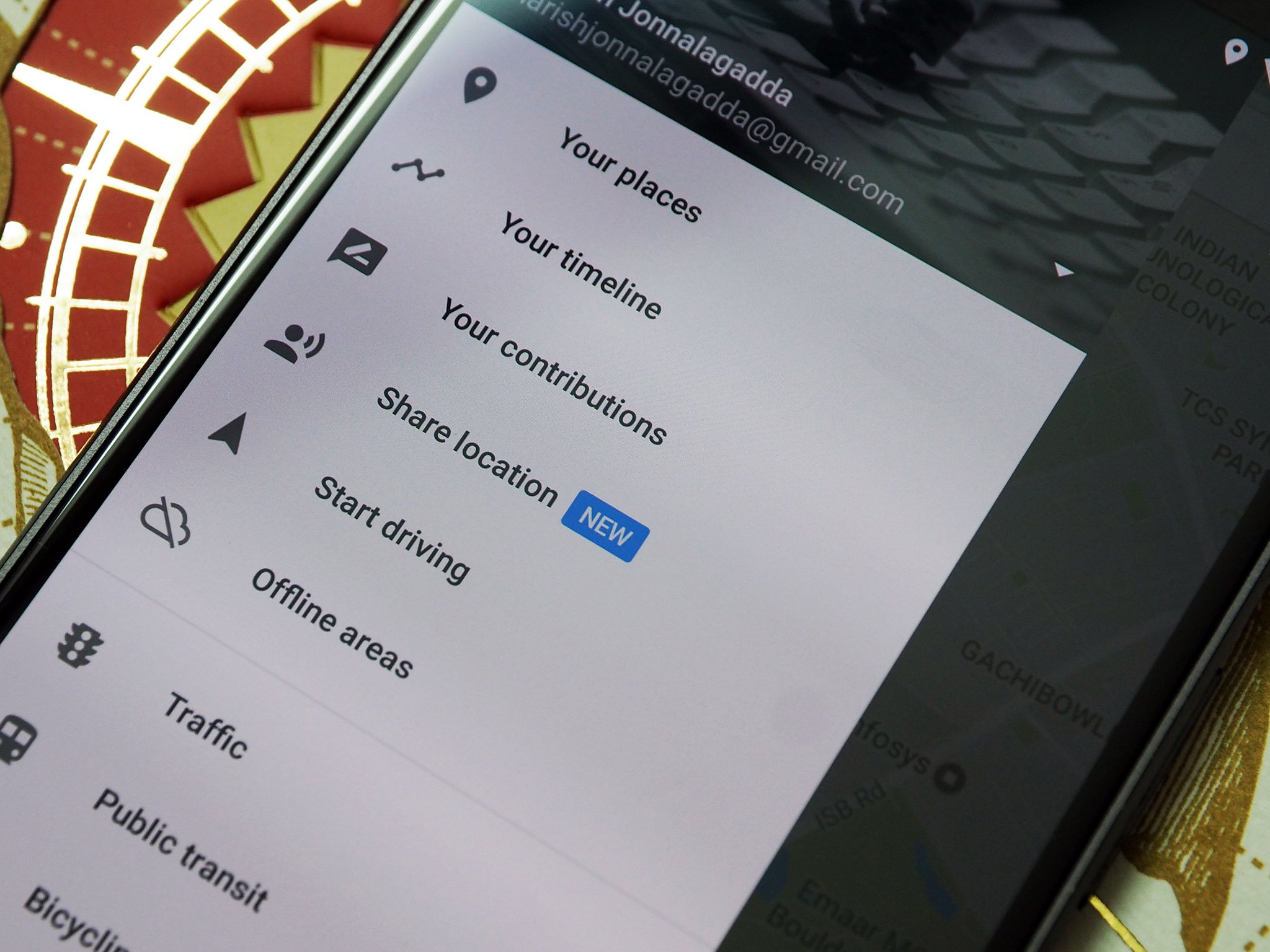Department of Homeland Security reportedly using database that tracks millions of smartphone users

Get the latest news from Android Central, your trusted companion in the world of Android
You are now subscribed
Your newsletter sign-up was successful
What you need to know
- A Wall Street Journal report claims that Federal agencies are using cellphone location data to track millions of users.
- Specifically, the Trump administration has bought access to a commercial database, using it for immigration and law enforcement.
- Laws limiting the power of the government in obtaining the data from phone companies may not apply, as the data was bought from commercial companies.
A Wall Street Journal report claims that the Department of Homeland Security may have purchased access to a commercial database of cellphone location data, using it for immigration and border enforcement.
According to the report:
The Trump administration has bought access to a commercial database that maps the movements of millions of cellphones in America and is using it for immigration and border enforcement, according to people familiar with the matter and documents reviewed by The Wall Street Journal.The location data is drawn from ordinary cellphone apps, including those for games, weather and e-commerce, for which the user has granted permission to log the phone's location.The Department of Homeland Security has used the information to detect undocumented immigrants and others who may be entering the U.S. unlawfully, according to these people and documents.
Whilst usually anonymous, location data can be quite easily used to pinpoint and track an individual, for example between their home and their workplace. In one case, the data was used to detect drug smugglers, specifically their cell phones, moving through a tunnel under the U.S. Mexico border, which emerged in an abandoned KFC in Arizona.
The data tracking contributed to the 2018 arrest of the defunct restaurant's owner, Ivan Lopez, on conspiracy charges related to the construction of the tunnel, the people said. But police records of the incident make no mention of the use of data showing cellphones crossing the border in an unusual location, attributing the case instead to a routine traffic stop.
The reference to a traffic stop might well point to the fact that the DHS was not keen on having lawmakers find out where it might actually have got that information from. The report notes that a 2018 court ruling was supposed to limit the powers of the US government when it comes to buying data from phone companies. However, that ruling isn't relevant here because the data is available through "numerous commercial ad exchanges".
"In this case, the government is a commercial purchaser like anybody else. Carpenter is not relevant," said Paul Rosenzweig, a former DHS official who is a resident senior fellow at the R Street Institute, a conservative and libertarian think tank that promotes free markets. "The government is just buying a widget."
According to the report, the DHS admitted that it had bought access to the database in question, but would not speak about how the information was being used.
Have you listened to this week's Android Central Podcast?

Every week, the Android Central Podcast brings you the latest tech news, analysis and hot takes, with familiar co-hosts and special guests.
Get the latest news from Android Central, your trusted companion in the world of Android

